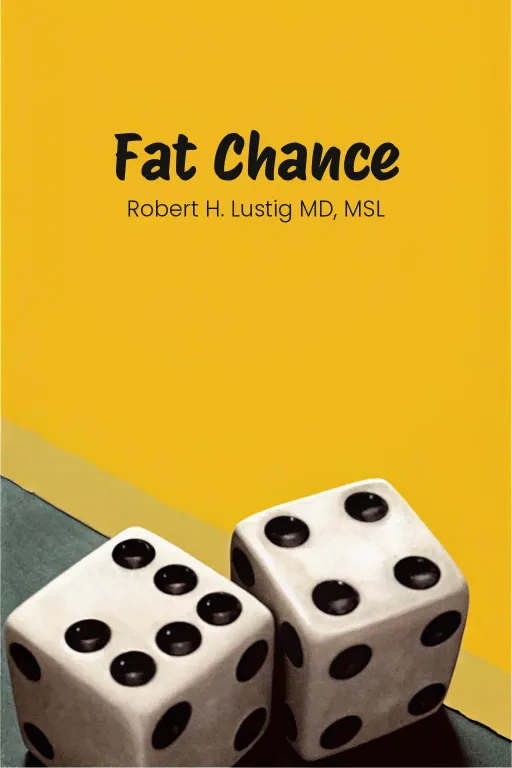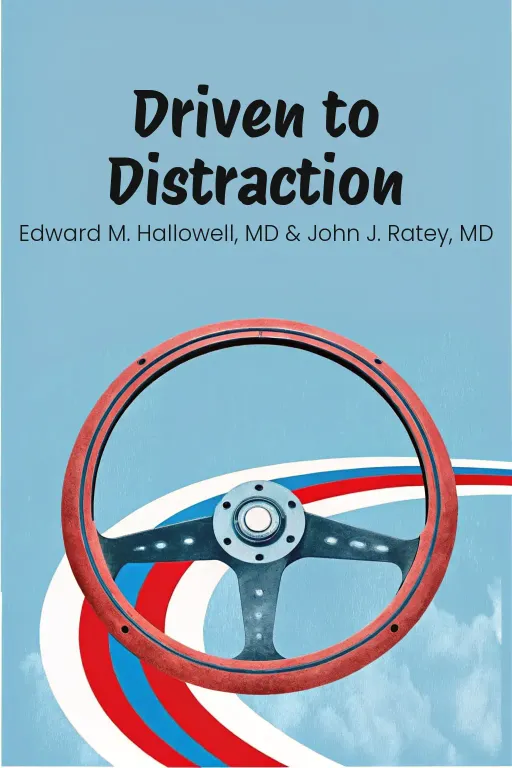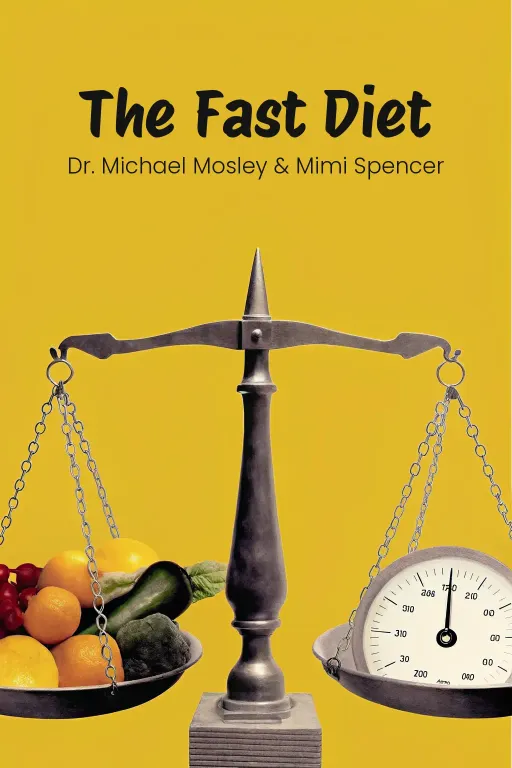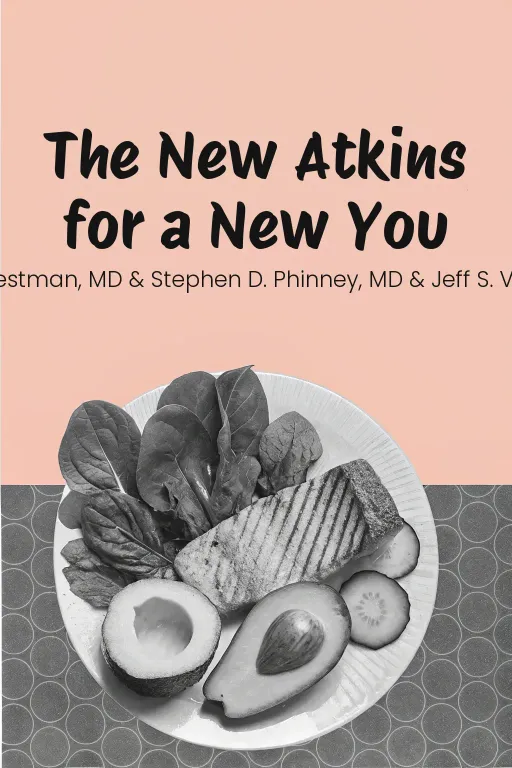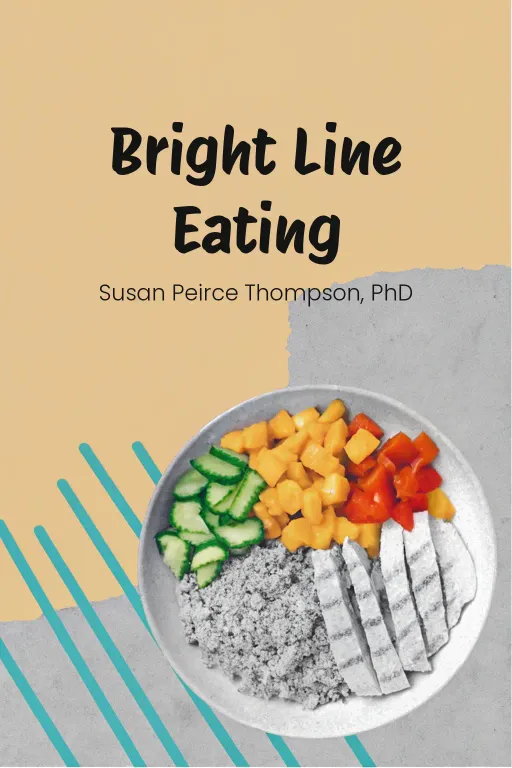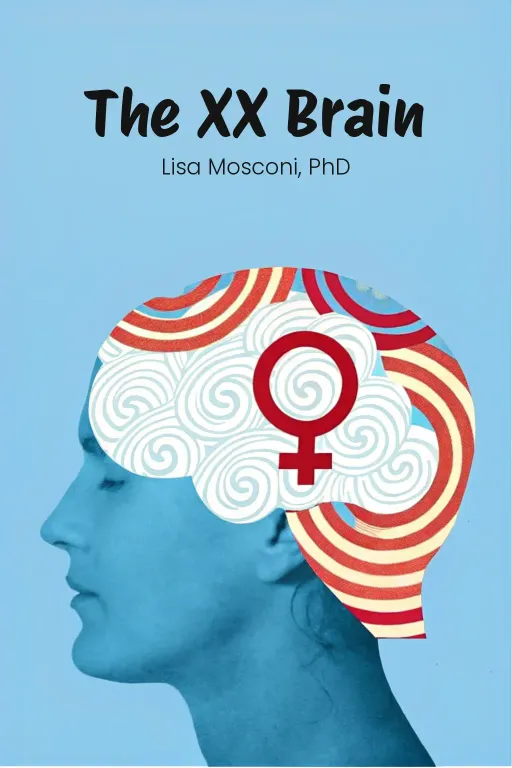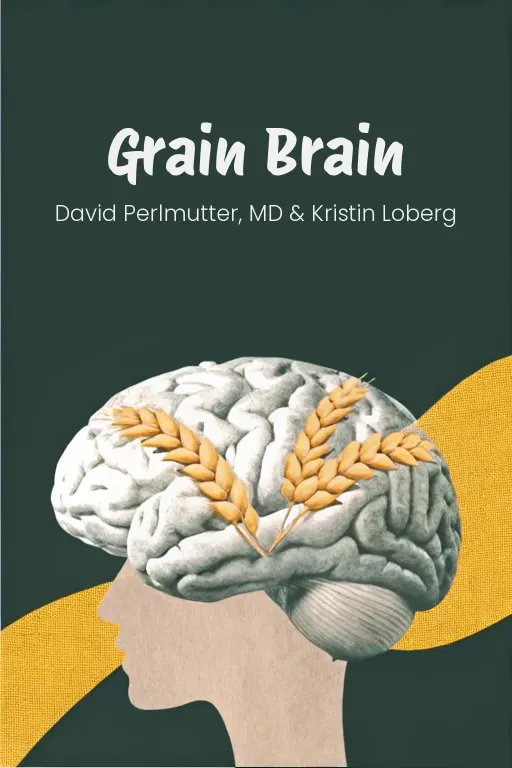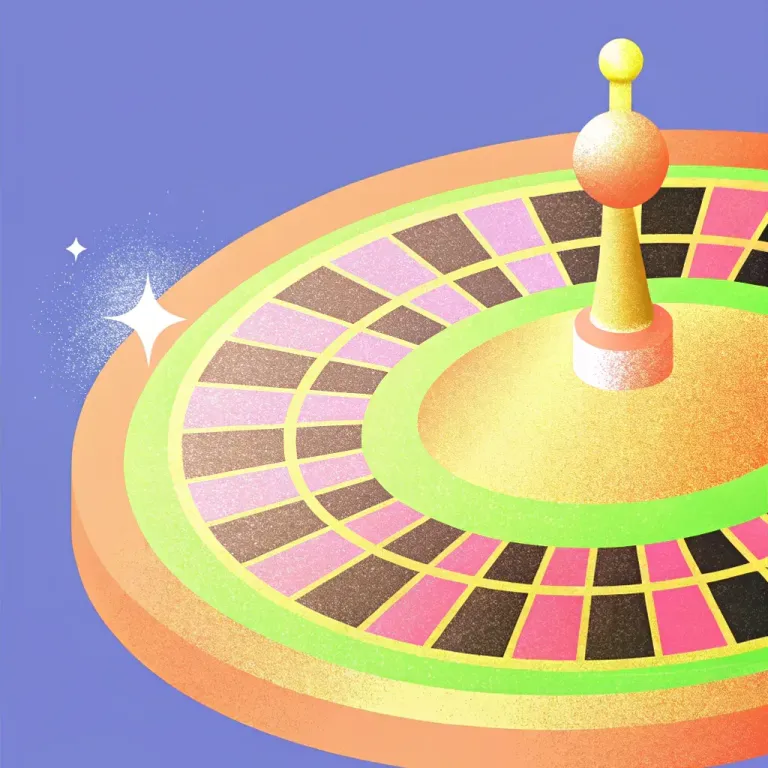
Outsmart Your Hunger Hormones
Podcast by Beta You with Alex and Michelle
Beating the Odds Against Sugar, Processed Food, Obesity, and Disease
Outsmart Your Hunger Hormones
Part 1
Alex: Welcome, everyone! Today, we're tackling a topic that I think resonates with so many of us: Why does staying healthy feel like such a constant struggle? Is it “really” just a matter of willpower, or is there something larger at work here? Michelle: Right, because let's be honest, we've all been there. But spoiler alert: apparently, it's not just about that extra slice of pizza or skipping the gym. Dr. Robert Lustig, in his book Fat Chance, argues there's a much bigger picture involving hormones, sugar addiction, and even how the food industry kind of stacks the deck against us. Alex: Precisely! Fat Chance really dives deep into the global obesity crisis and shifts the blame from just personal choices to a much wider system of societal, economic, and biological factors. Lustig explains how processed foods and excessive sugar consumption can mess with our metabolism and hormones in ways we barely understand – almost like rewiring our bodies to crave more and store fat more easily Michelle: So, today we're going to unpack three major themes from the book. First, we'll look at the hormonal battleground within our bodies - why your hormones might be screaming "eat!" even when you're not actually hungry. Then, we're diving into the metabolic mayhem that sugar causes - think of it as that silent saboteur in your diet. And finally, we'll explore those environmental traps – all of those factors, from aggressive food marketing to, frankly, questionable public policies, that make choosing healthy options way harder than it should be. Alex: It's honestly fascinating, a little infuriating, but most importantly, it offers a path forward. By understanding the science and the system, we can actually start making meaningful changes – both personally and on a larger scale – that truly work. So, let's dive in, shall we?
The Science Behind Obesity
Part 2
Alex: Okay, let's dive into what Lustig pinpoints as the main drivers of obesity: our hormones. Think of these messengers in your body like air traffic controllers for appetite and energy storage. But—and this is key—they can go completely off course when we overload our systems with processed foods and too much sugar. First up, insulin. Michelle, what do you recall about insulin from our high school biology days? Michelle: Hmm, vaguely...something about blood sugar? I think it's the one that tells your cells to grab glucose after you eat. Wait, or is that leptin? Alex: You nailed it with insulin—good job! Insulin, made by the pancreas, regulates how our cells absorb glucose, you know, for energy. And it's also supposed to signal to your brain that you're full. But here's the crux of what Lustig is saying: when people consume a ton of sugar and processed foods, they become insulin resistant. That means the body has to pump out more and more insulin just to get the same effect, leading to high levels of insulin floating around. So not only does this mess with your hunger signals, but it also locks fat in storage, making it super hard to lose weight. Michelle: So, if I'm understanding this correctly, sugar basically tricks your body into stockpiling fat like the end is near? And it also makes you hungrier? That's a seriously evil combo. Alex: Exactly! There's even a 2015 study Lustig mentions where people whose diets were high in sugar developed insulin resistance over time. And it wasn't just weight gain, they packed on visceral fat, that really dangerous kind that surrounds your organs. Think of insulin resistance as your body screaming, "I'm full!" but the message never gets through to the brain. Michelle: Okay, insulin's clearly a troublemaker. But what about leptin? Isn’t that supposed to be the hero hormone that tells us to stop eating? Alex: Leptin is indeed known as the "satiety hormone," and it's released by fat cells to let your brain know when you've had enough. But, in cases of obesity, the system breaks down. People with obesity often have plenty of leptin in their bloodstream, but the brain just stops recognizing its signal. The condition is called leptin resistance. Lustig likens it to a smoke alarm that keeps beeping, so eventually you just tune it out. Michelle: So, the brain basically ghosts leptin? That's honestly tragic. It reminds me of those poor lab mice Lustig mentions, the ones genetically engineered to lack leptin. They just kept eating and eating because their brains never got the "full" memo. Alex: Exactly, and when leptin was reintroduced to those mice, they started eating normally again. It really highlights how crucial leptin is for appetite regulation. Can you imagine the frustration for people dealing with leptin resistance? No matter how much they eat, their brain keeps acting like it's starving. Michelle: Alright, so insulin's making us fat, leptin's failing to stop us... and then there's ghrelin, the "hunger hormone," right? Alex: Exactly! Now ghrelin's job is to stimulate hunger before meals, and then chill out once you've eaten. But when people have poor eating habits or diets that are loaded with junk food, ghrelin doesn't really follow that normal pattern, it just keeps spiking. Lustig talks about studies on shift workers who eat at really irregular times and have disrupted sleep cycles. These people often have elevated ghrelin levels, which leads to late-night binging and overeating. Michelle: So basically, ghrelin's the friend who keeps saying, "Let's order another pizza." Got it. Is that why I always feel starving at midnight after a stressful day? Please tell me that's ghrelin and not just me being weak. Alex: Actually, there's likely a hormone-stress connection at play there too. Chronic stress triggers cortisol which then ramps up your appetite for high-calorie comfort foods, especially sugary and fatty ones. Lustig highlights how this became such a big issue during the COVID-19 pandemic. People were stressed out, cortisol was through the roof, and diets just flew out the window. Michelle: Ah, the good old "quarantine 15." Guilty as charged. But let's be real though: even if you've got these hormones pushing you to eat, there's got to be more to our food choices, right? Like, what kind of role do sugar and processed foods play in all this? Alex: You're absolutely right, and that's perfect segue! Lustig really goes in-depth on how heavily processed foods disrupt the body's metabolic processes. Take fructose, for example. Fructose is that super sweet stuff in sugar and high-fructose corn syrup, and unlike glucose, it's not processed the same way. Instead, your liver metabolizes fructose directly, which can lead to fat buildup and ultimately insulin resistance. Michelle: So, drinking a can of soda is basically signing up for a liver boot camp? No wonder Lustig calls sugar toxic. Alex: Exactly. There's a study Lustig cites about daily soda drinkers, and they showed a sharp increase in insulin resistance and visceral fat over just five years. And here's the kicker. Processed foods don't just affect your metabolism, they're engineered to be addictive. They basically hijack your brain's reward system by flooding it with dopamine, that feel-good neurotransmitter. Over time, you need more of these foods to get the same dopamine hit, a pattern that is very similar to drug addiction. Michelle: Are you saying that sugar lights up the same brain regions as, I don't know, cocaine? That's insane. No wonder I can never say no to double-chocolate brownies. Alex: It is wild, but it’s true. A 2011 brain scan study actually showed that people eating lots of processed foods had neural activity patterns similar to those with drug addictions. And Lustig argues that this isn't a coincidence. It's by design. The food industry knows exactly how this works and optimizes products for maximum addiction potential. Michelle: Okay, Alex, so I’ve got hormones telling me I'm hungry, sugar tricking my brain into wanting more, and processed foods just trying to hook me like a Netflix series. Do I even stand a chance? Alex: It's definitely an uphill climb, no doubt. And Lustig emphasizes that our environment makes it even harder. From fast food ads to the sheer convenience of unhealthy options, we're just surrounded by triggers designed to make us overeat. There's even research where people were exposed to fast-food smells and visuals, and those cravings led them to eat 70% more than their normal intake. Michelle: I'm guessing spending a day in a farmer's market doesn't have quite the same effect, huh? Alex: Probably not. But Lustig's point is this: obesity isn't the individual moral failing it's so often made out to be. It’s such a combination of hormonal imbalance, the addictive quality of processed foods, and those environmental pressures. All these factors create a perfect storm. And understanding these underlying mechanisms is the first, crucial step to solving the problem.
Conclusion
Part 3
Alex: So, to bring it all home, Lustig’s “Fat Chance” really changes the game when it comes to how we understand obesity. It’s not just about willpower or, you know, blaming individuals—it’s this complicated dance of hormones like insulin, leptin, and ghrelin that are really driving hunger and fat storage. Plus, the addictive stuff in processed foods, and a food culture that’s kind of rigged against us from the start. Michelle: Right, exactly. And he’s pretty clear that just pointing fingers at individuals isn’t going to solve anything, is it? The real villains are, like, sneaky sugar, a food industry laser-focused on profits instead of our health, and systems that make the unhealthy choice the easy, default option. Alex: Precisely. But Lustig doesn’t just leave us hanging; he offers hope, too. Like, understanding the science empowers us, right? From actually reading labels and ditching the processed stuff to pushing for better policies, we can actually make important changes—both for ourselves and, you know, as a society. Michelle: Okay, so here’s what I’m getting: This isn’t a fight about self-control; it’s a fight where knowledge and environment are key. Get informed, be careful about what you’re eating, and maybe, just maybe, try to push for that soda tax. Alex: Absolutely, knowledge is power, isn’t it? And the more we get what’s causing these problems, the closer we are to actually fixing them. Michelle: Alright, Alex, I think I’ll start by cleaning out my kitchen. See ya later, sugar mountain. Alex: Now that’s a great first step! Thanks for tuning in, everyone. Keep asking questions, stay informed, and we’ll catch you next time!
